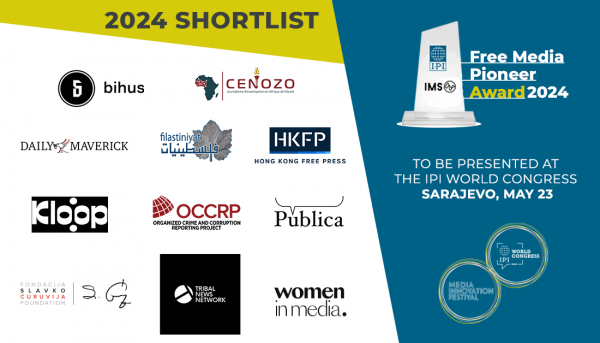Two radio journalists were ambushed and shot at close range in eastern Honduras on Friday. Jose Bayardo Mairena, 52, and Manuel Juarez, 55, were driving from the city Catacamas after hosting a radio programme. Their vehicle was ambushed by unidentified gunmen near Juticalpa in the eastern province of Olancho. The gunmen reportedly sprayed the car with bullets, and then shot the journalists at close range.
These latest killings bring the total number of journalists killed in Honduras in March to five.
Honduras is still reeling from the effects of a June 2009 coup which ousted the government of President Manuel Zelaya and deeply polarized the country. In September 2009 the interim government cracked down on the media as a means of controlling protesters.
A day after a decree limiting constitutional rights was issued, IPI reported that troops closed down Radio Globo and a television station that backed Honduran President Manuel Zelaya.
In January 2010, Porfirio Lobo was sworn in as president of Honduras. The President stressed reconciliation, unity and a return to democracy.
However, the beginning of Lobo’s term as President has coincided with a surge in the number of journalists murdered in Honduras.
IPI noted in a 17 March open letter to President Lobo that eight of the twelve journalists killed in Honduras since 1997 have been killed since the beginning of 2009 – including the five murdered this month.
According to the Associated Press, on 4 March US Secretary of State Hillary Clinton announced that the US would restore aid to Honduras suspended after the coup, because of a conviction that “President Lobo and his administration have taken the steps necessary to restore democracy.”
“The killings of Mairena and Juarez underscore how far Honduras is from restoring democracy and the rule of law”, said IPI Director David Dadge. “The Honduran authorities must ensure that these crimes are investigated and the perpetrators punished. At present, Honduras is the most dangerous country in the world for journalists. It is a dubious distinction which I hope any government seeking to restore democracy would wish to avoid.”


